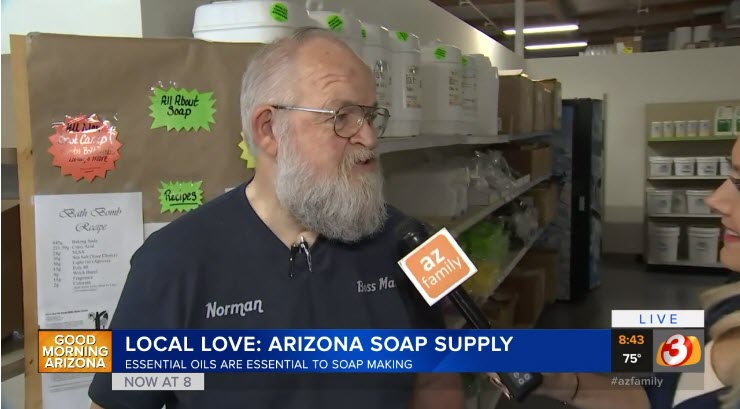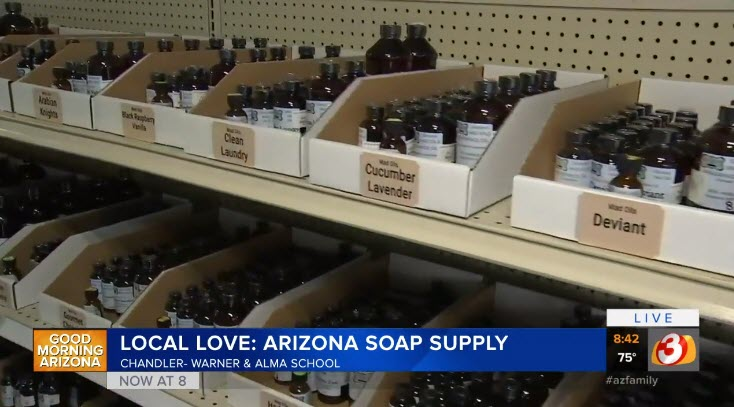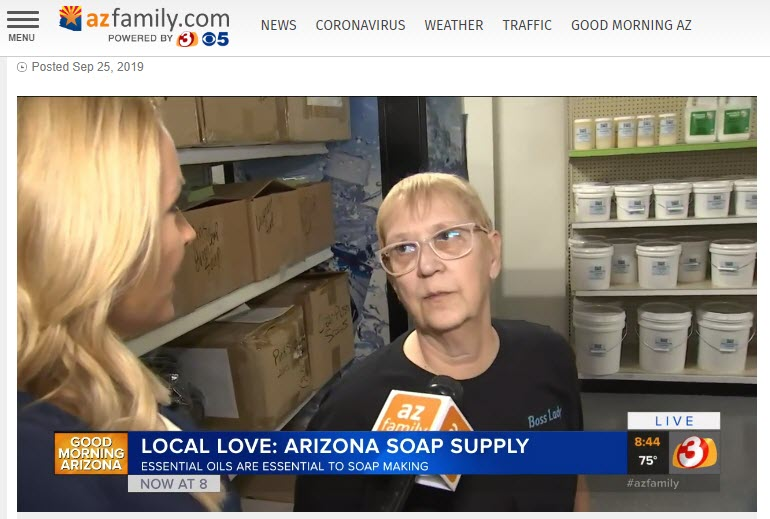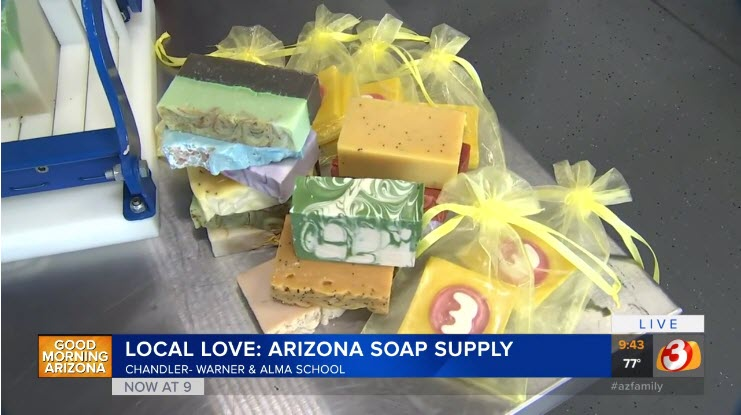Hot and Cold Process
The basic process of soap making involves combining water, or a water base, lye and natural oils that react to create organic soap. The main difference between hot and cold processes is how long they take. The cold process involves mixing water, oils and lye together, and then putting the mix into the molds you want your soaps to be shaped in. The soap mix sits in the mold overnight before becoming hardened and ready to be removed from the mold. After it is removed from the mold, it must be cut to size (if molded in a loaf) and then left to cure for 3-4 weeks.The hot process is good for people who don’t want to or cannot wait that long for their soap. During the hot process, the soap mix is cooked for 30-60 minutes in a crock pot. Then, when it reaches a thick, pudding-like consistency, it is packed into molds and allowed to harden. Hot process soap can be ready for use in as little as 3-4 days.
Oils to Use
One of the benefits of making organic soap at home is the freedom to choose what goes into your soap. You can select from a wide range of oils that offer a variety of different benefits from extra moisturizing and cleansing to creating a thick, bubbly lather.
Common oils used in soap making include coconut, hemp, canola, almond, safflower, castor, palm, peanut, soybean, corn, sunflower, olive and grapeseed oils. Custom bars can be made by adding colors, aromas and dried herbs to the mix before the soap is poured into the molds.
Playing with the oil mixes to develop the bar that is just right for you is part of the joy that comes from making organic soap at home. If you are considering trying your hand at making some organic soap at home, be sure to buy
high-quality soap ingredients from a trusted provider like at Arizona Soap Supply!









